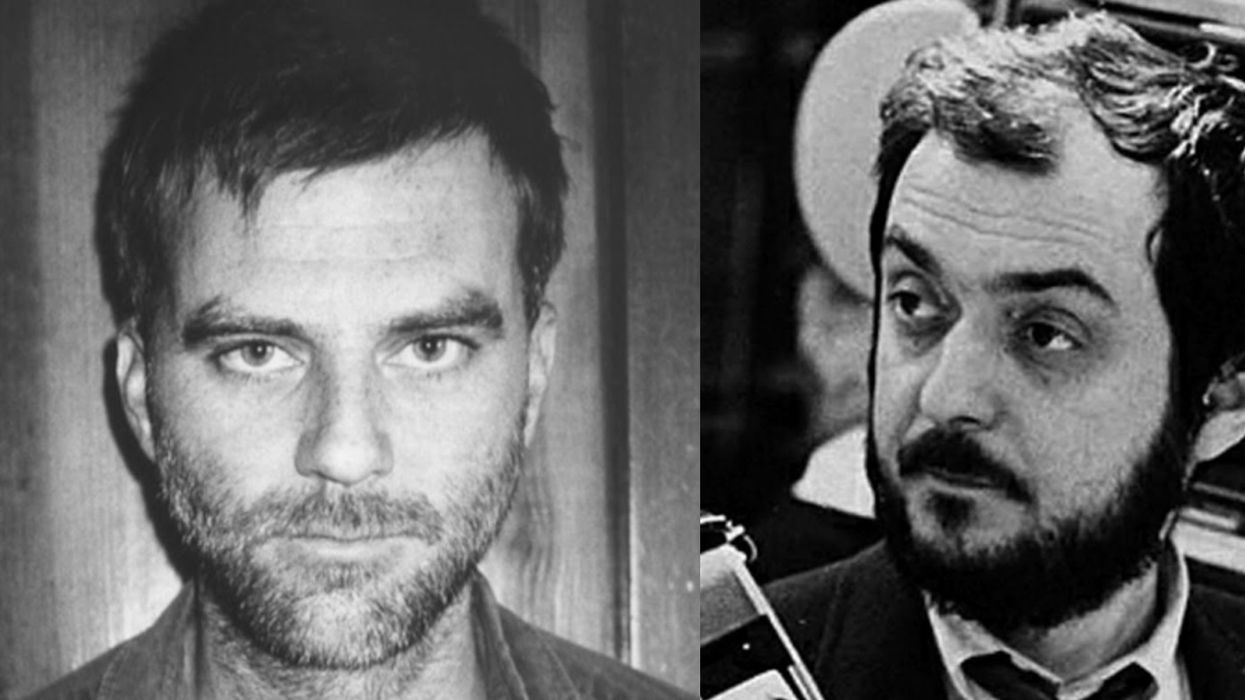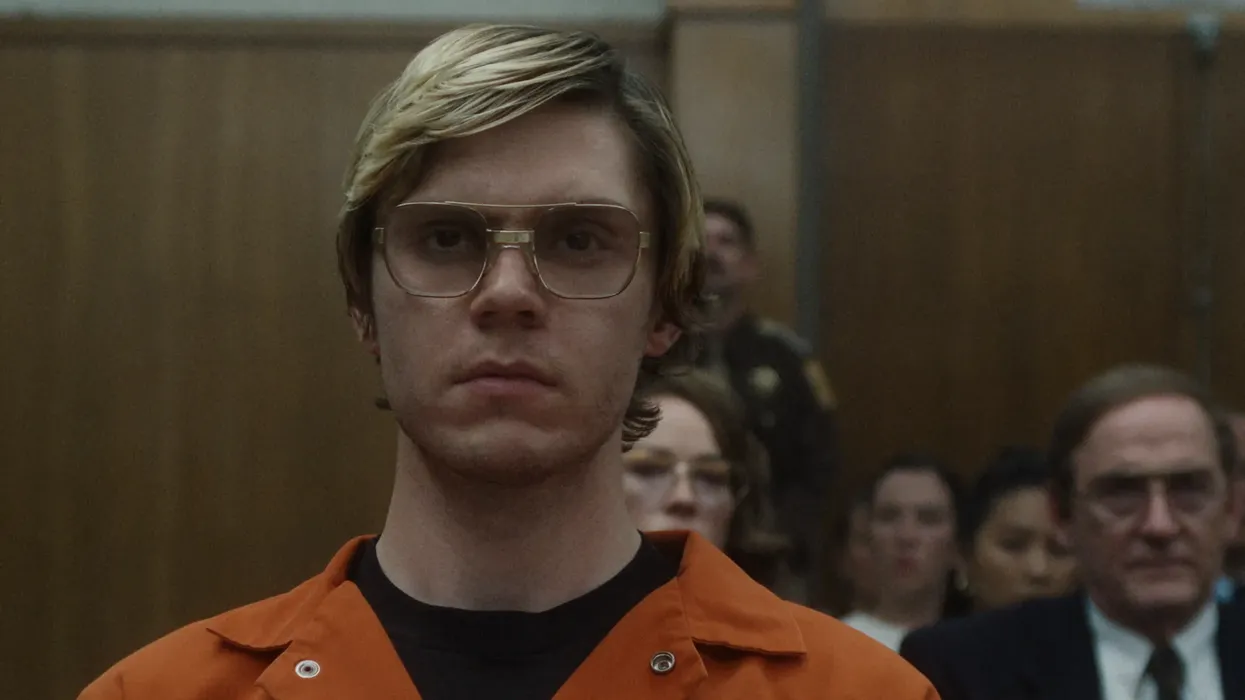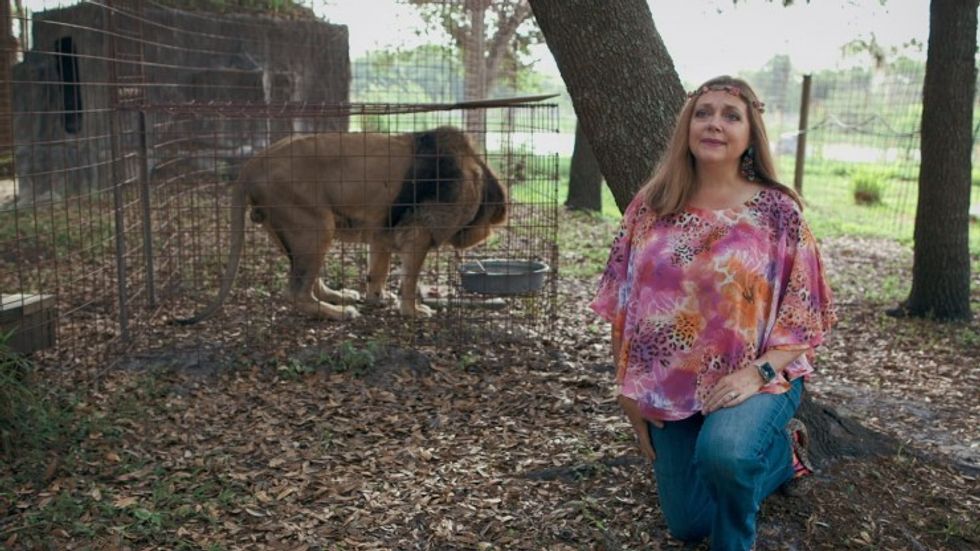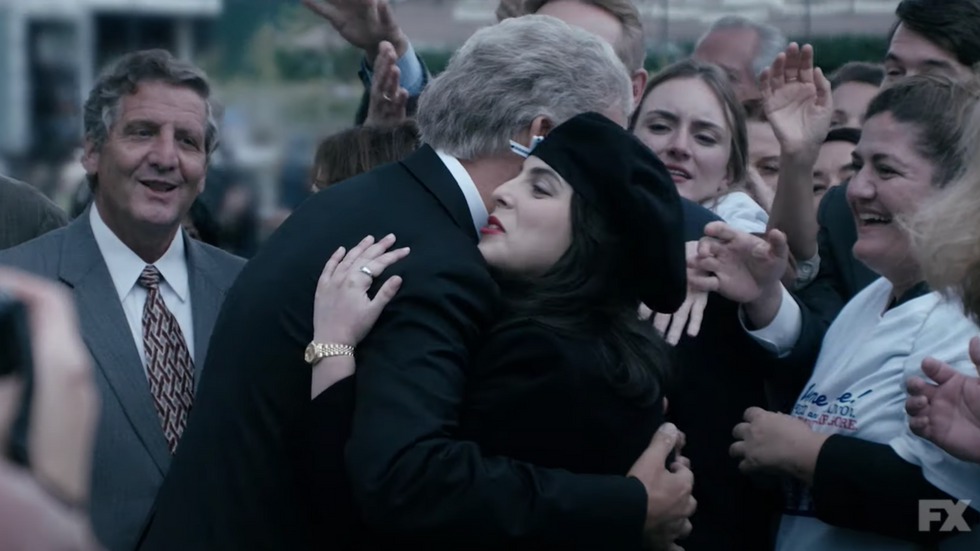Was Paul Thomas Anderson a "Hollywood Asshole" to Kubrick?
In a forthcoming book on Kubrick's "Eyes Wide Shut" by Brian Raftery, Paul Thomas Anderson shares an amazing anecdote about meeting Kubrick. Let's just say he doesn't come across as the PTA we know and love.

What's the old saying? Don't meet your heroes? I love a good Hollywood anecdote, especially about the good ole' days. It's hard to believe we haven't had a new Kubrick movie in almost 20 years. And we also haven't had Kubrick. Which is much sadder. That's what makes me so excited for the Brian Rafferty book “How 1999 Blew Up the Screen,” which is all about how Kubrick got Eyes Wide Shut made.
You can read the entire chapter on Vulture, but to paraphrase...Tom Cruise helped. And so did Nicole Kidman.
Tom Cruise was the most famous actor in the world and had a reputation for taking one person's trash, like Interview with a Vampire, and turning into box office magic. And Nicole Kidman was a star in her own right. The two, as a couple, created an undeniable package with a lot of heat. Because of his reliable star power, studios were much more eager to sign checks for films in which he starred, films like Magnolia and Eyes Wide Shut.
But it was work convincing Cruise and Kidman to be in a Kubrick movie. Sure, they respected the director, but they had heard stories about him, about the detail, the weirdness, the obsessive behavior. As Kubrick stated in one of his final interviews, "Part of my problem is that I cannot dispel the myths that have somehow accumulated over the years.”
Luckily Cruise signed onto the film, stuck with the hectic production, and invited director Paul Thomas Anderson to visit him on set in London one day.
What about the PTA Story?
Kidman and Cruise, along with their two young children, actually MOVED to England in 1996, living close to London’s Pinewood Studios, where they were filming Eyes Wide Shut. Even though Kubrick was a massive director, he worked with a small, tight-knit crew. Everything had to feel intimate and precise. The Kubrickian way.
In the book, PTA tells this story: “Kubrick had a really small crew...I asked him, ‘Do you always work with so few people?’ He gave me a look and said, ‘Why? How many people do you need?’ I felt like such a Hollywood asshole.”
What an epic own.
Now I don't think Kubrick was being mean, probably just snarky. But I do think that interaction helped shape PTA and make him reevaluate what he loved in cinema as a director, but especially as a writer. He expands on it during a Q&A for The Master - but without the detail included in the book. Check it out below.
What's next? Read some Film Theory!
Love overanalyzing Kubrick? Use our Film Theory article to your advantage. It’s important to have a baseline of Film Theory so you can properly analyze what’s in front of you. To dissect a film and understand the context can take years of training. But you've been training without knowing it. Every time you watch a new show or movie you're building an internal database. You have something to base your reactions on and, over time, your tastes grow.
If you want to work in Hollywood as a creative or even critique film and television for a living, Film Theory is extremely important. In this post, we're going to learn how to put that training of consuming media into action by learning about Film Theory.
Click the link!













